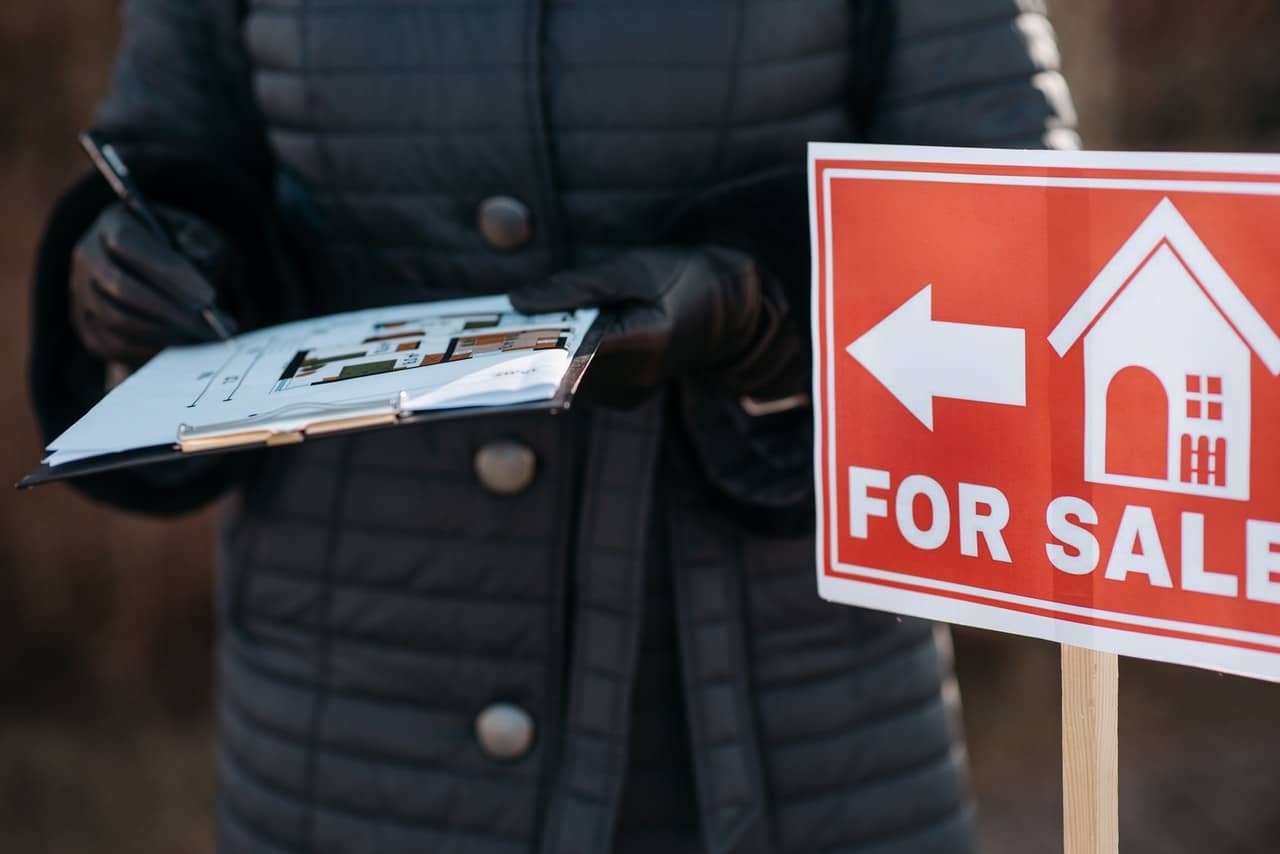While we often think about the home buying process from the point of view of the person purchasing the home, for every real estate transaction there is a buyer and a seller. Not only does the buyer have many responsibilities, but sellers also have a number of tasks they’re responsible for as well.
If you’re selling a home for the first time, the process can seem a bit overwhelming. You may want to sell quickly, but there are many steps involved before the deal can be made official. To get an idea of what your closing costs will be, you can use a seller closing costs calculator, but there are other factors you should know in order to close in a timely manner, and with as few surprises as possible.
Title Search
A title search, which is a review of public records conducted to ensure you’re the legal owner of the property, will be done by the closing agent. If there are any judgments or claims against it, the title search will reveal them and they must be resolved in order to move ahead in the process.
Title Insurance
Title insurance, unlike homeowners insurance that protects against future events, protects against any past events that may affect the home. For example, if the home someone purchases have a lien for unpaid bills, title insurance generally covers this issue. There are two types of policies available, one for the lender and one for the new owner. In some cases, sellers and buyers can negotiate over who pays the cost. According to ValuePenguin, the total cost is approximately 0.5% to 1% of the home’s purchase price when the owner’s and lender’s policies are purchased together.
Home Inspection

Most buyers will insist on an inspection of the home shortly after the seller accepts the offer. It will usually examine the functionality, quality, and safety of all the home’s features. Depending on any contingencies listed in the sale contract, the buyer can ask for major repairs to be made, or for a reduction in the price of the home so that they can cover the costs of the repairs.
Ideally, if you’re already aware that there are any significant repairs that need to be made, you should let your agent know. They may recommend that they’re taken care of before the inspection to avoid potential problems.
Home Appraisal
Unless the buyer is paying cash, their mortgage lender will arrange for an appraisal. That’s done so that the lender can be confident that the amount of the loan is in line with the home’s market value. If your home is appraised at an amount lower than the sale price, the lender is unlikely to approve the loan for that amount. When that happens, you’ll need to reduce the sale price, ask the buyer to make up the difference or challenge the appraisal. Also Read – Benefits of Hiring a Painting Company
Walk-Through and Closing
There will be a final walk-through that usually takes place 24 hours before the closing to ensure that everything is in order. If any repairs were required, they’ll make sure they were made, that the property is free of damage and all possessions have been removed. On the closing date, the transaction will be completed, with lots of paperwork to be signed before the deed to the property and the keys are given to the buyer.




